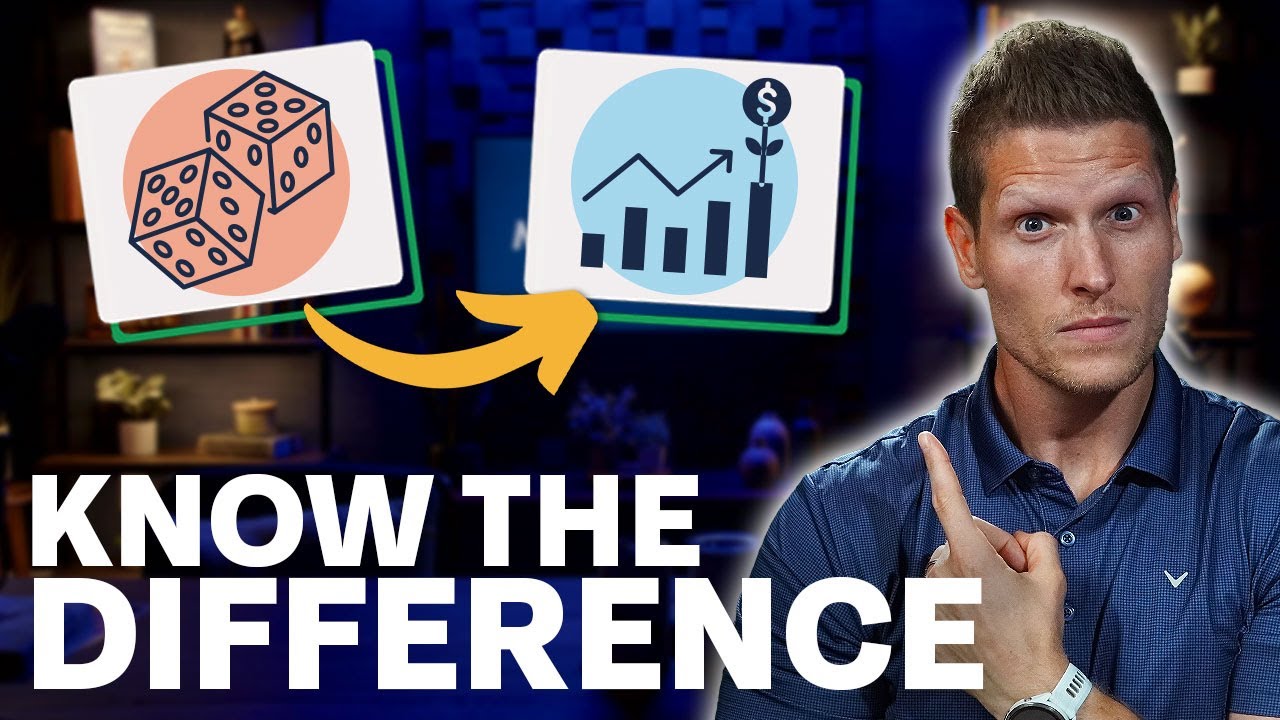Here’s the thing, look first of all, let me tell you the common things and then Bo and I can pick apart the other thing. Remember on second homes, you don’t get the grace of doing less than 20 because we don’t want you getting that, because we give you grace on that very first home purchase, three to five percent, just so you can get on the home ownership, home equity side of things. But when you start upgrading your life, we want you to carry that responsibility a little heavier. So that’s why we do ask that you have 20 percent of equity to buy a new house.
Now, what it sounds like with Juan Carlos is that he’s actually going to have more than the 20, so he’s trying to figure out, do you just roll it in? Because do you know how cool it is to be almost debt-free? Sounds awesome. I would say, since the transaction, now look, this is the difference between doing this before the transaction versus after. If you rolled it all in and now you look back and go, ‘Man, maybe I should have kept some of that out because I’m not re-meeting all my other financial goals,’ don’t mishear me. I’m not telling you to go refinance your house. There are too many friction costs with real estate to do that.
But I do want to bring up, because I think the financial order of operations makes this work and makes your homework so much easier. Because if you are in the situation where you’re upgrading your house, you have 20 percent equity, you can very quickly look at your financial situation and see where are you buttoned? If you skipped steps like five, where you didn’t load up your Roth IRA, or you’re not loading up, you never hit the 25 percent and you’re saving an investment strategy, then you might be behind.
And that’s why, look, I hate to do it, but it’s there’s a reason we created this stuff because it’s so valuable to you. Go to learn.moneyguy.com and we have a ‘Know Your Number’ course because I think when you have such a big financial decision, like you have a big chunk of equity that you made in your first house, we know the real estate market had a huge spike in the last few years. It would be really beneficial for you to go ahead and start the measure twice, cut once opportunity ever knowing your number, put in all your data variables to know, are you ahead of the curve or are you behind the curve?
Because look, if you’re way ahead of the curve and you still have this money, and now we know interest rates are much higher on mortgages, where maybe your mortgage is going to be five and a half to even as high as six and a half, it might really make a lot of sense to just roll that stuff in. I’m just trying to make sure we’re giving you the guidance, do the homework of making sure you’re paying respect to the financial order of operations. You’ve done the work of actually filling in the data points to know what you’re saving to reach the goals and the number so that you can be prepared and make the right decision for your family.
The only thing I’ll add to that, because I thought that was darn near a perfect answer, only thing I’ll add to that is make sure that when you’re making this decision, you still stay inside of the affordability parameters. A lot of folks, when they upgrade to their second home, naturally, the cost of the home is more, the interest rate is higher. If doing that and only putting in 20 percent causes your monthly carry to be more than 25 percent of your gross income, I would argue you probably do need to roll more of that equity in, so you can get the monthly cost down to 25 percent.
Make sure that you’re not trying to get cute, only hit the 20, invest those dollars, and now all of a sudden, you have a cash flow problem where you have way too much going to housing. So long as you can satisfy those metrics, I think, just like Brian said, knowing where you are and knowing where you are heading will dictate what decisions you get to make on this transaction.













